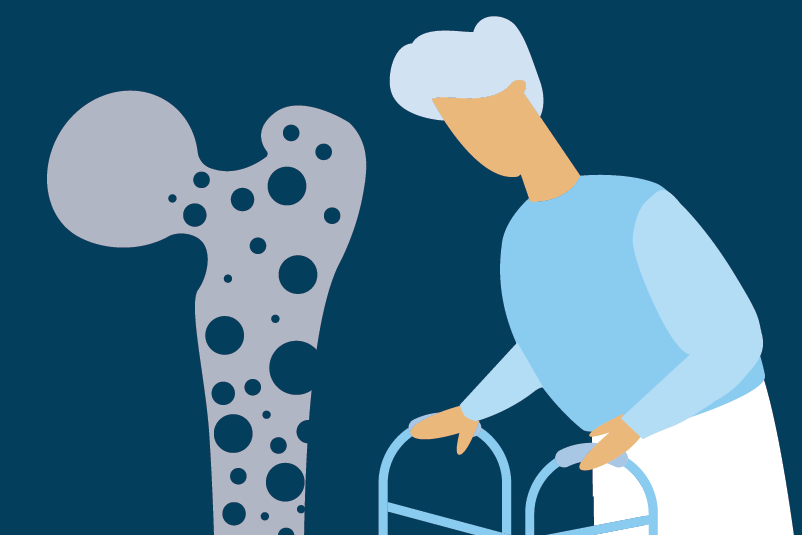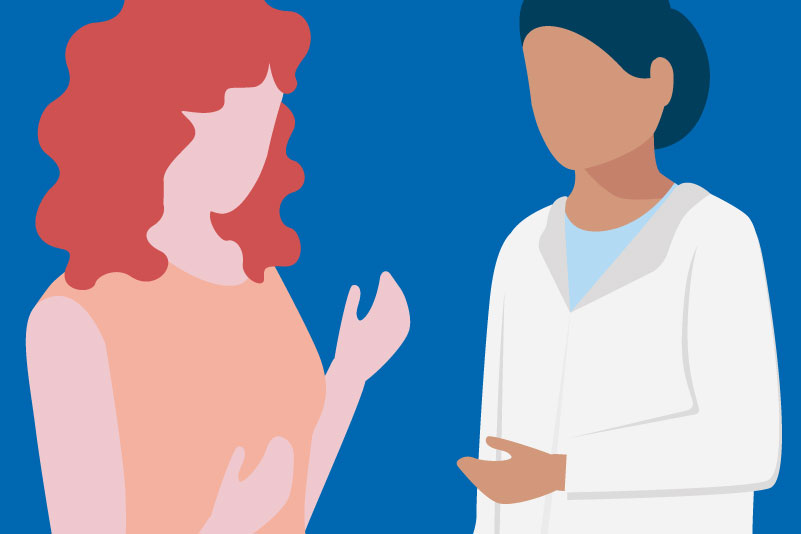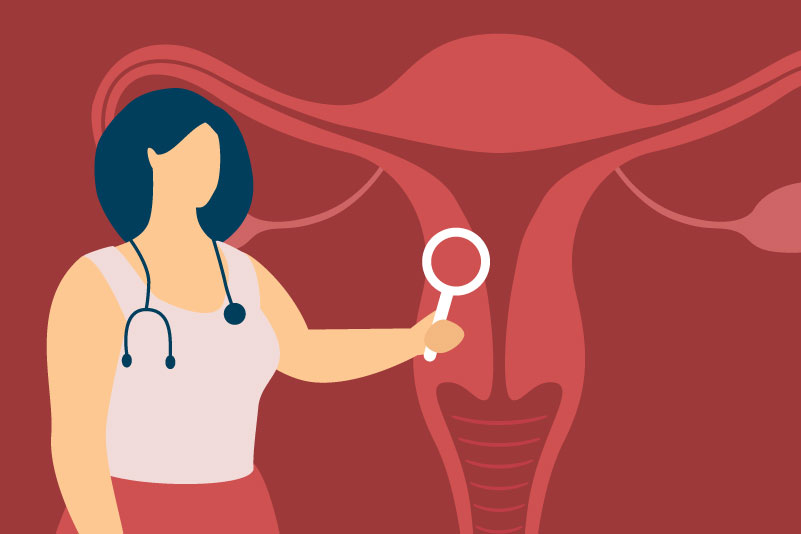#353 – Turn Down the Heat! Can non-hormonal drugs improve vasomotor symptoms in menopause?

Reading Tools for Practice Article can earn you MainPro+ Credits
Join NowAlready a CFPCLearn Member? Log in
- All results statistically different unless indicated.
- SSRIs (six meta-analyses, 4-11 RCTs, 547-2069 patients);1-6 SNRIs (five meta-analyses, 2-7 RCTs, 301-3685 patients);2-3,5,7-8 gabapentin (five meta-analyses, 2-9 RCTs, 901-3519 patients);2,3,9-11 clonidine (one meta-analysis, 4 RCTs, 30-198 patients).3 When outcomes not available, largest RCTs for each drug class retrieved.
- Hot flashes (daily):
- SSRIs,1 gabapentin,3 desvenlafaxine:12-13 Baseline 9-11;
- Mean difference: 1-2 fewer hot flashes over placebo at 4-12 weeks.
- Example: 3-4 hot flashes (desvenlafaxine) versus 5-6 (placebo).12
- Oxybutynin (148 patients):14 Four fewer hot flashes over placebo.
- Clonidine:3 One fewer hot flash over placebo.
- No difference when breast cancer patients excluded.
- SSRIs,1 gabapentin,3 desvenlafaxine:12-13 Baseline 9-11;
- Proportion with ≥50% reduction in number of hot flashes. Examples at 12 weeks, (unless noted):
- Gabapentin15 (600 patients): 73% versus 60% (placebo), number needed to treat (NNT)=8.
- Desvenlafaxine12 (567 patients): 68-75% versus 48% (placebo), NNT=4-5.
- SSRIs:
- Paroxetine16 (614 patients) or escitalopram17 (205 patients): 48-55% versus 36% (placebo), NNT=6-9 over 8-12 weeks.
- Fluoxetine, citalopram (150 patients):18 No difference versus placebo.
- Global assessment: “Much/Very much improved” over 12 weeks:
- Gabapentin:15 58% versus 44% (placebo), NNT=8.
- Oxybutynin:14 73% versus 26% (placebo), NNT=2.
- Quality of life: Versus placebo:
- Citalopram, fluoxetine, or sertraline:18-19 No difference.
- Escitalopram:20 Not clinically different.
- Hot flashes (daily):
- Limitations: Event rates not reported;2-8,10-11 standard mean differences used (difficult to interpret clinically);1,2,8,10-11 breast cancer patients included;2,3,6,9-11 RCTs industry funded.13-16,18-19
- Guidelines:
- First-line: Hormone therapy; second-line: SSRIs, SNRIs, or gabapentin.21
- Hormone therapy:
- Versus placebo: ~18 fewer hot flashes/week (mostly estradiol 1-2mg).22
- Versus gabapentin: 1 fewer hot flash/day with hormone therapy.10
- Versus venlafaxine: RCT underpowered to compare agents for efficacy outcomes.23
- Patient satisfaction: 70% versus 51% venlafaxine.
- Dosing (daily):21 Paroxetine 10-25mg, desvenlafaxine 100-150mg, gabapentin 900-2400mg.







Interesting but not conclusive results.
None
HRT should be gold standard , we should stop to have concern about HRT with bioidentical drugs
Excellent study material
i do use venlafaxine in my practice with good results
Alternatives to HRT are always welcome
Given a 50% respone rate to placebo therapy, it seems reasonable to start with such therapy for those
patients who inclined to more natural products as first ;ine therapy.
Interesting to see how HRT is still prominent but there is still such hesitation to taking it